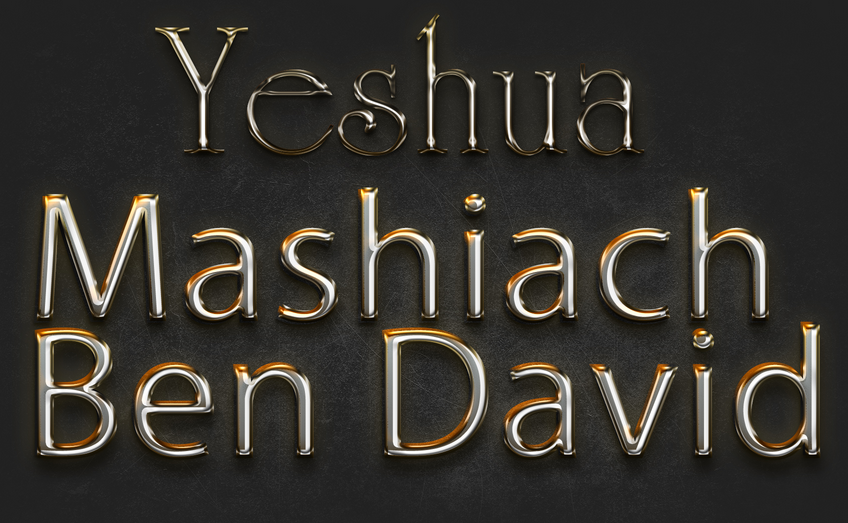(Part 1)
Around 200 A.D., Clément of Alexandria, a Gentile
Christian theologian in Egypt, made the first known reference to the date/s
Jesus Christ was born. About the same time, Clément's student, Origen (c.
165–264 A.D.), another Gentile Egyptian Christian, mocked as “pagan” the Roman
practice of celebrating birthdays. (Origen, Homily on Leviticus 8). Despite
Origen’s censure -- and according to Clément, Origen’s mentor -- a couple of
different days had been proposed at that time by various Christian groups.
Surprising as it may seem to Roman Catholics and Protestants, Clément doesn't
mention December 25 at all!
He wrote: “There are those who have determined not only the year of
our Lord’s birth, but also the day; and they say that it took place in the 28th
year of Augustus, and in the 25th day of [the Egyptian month] Pachon [May 20 in
our calendar] .... Further, others say that He was born on the 24th or 25th of
Pharmuthi [April 20 or 21].”
~ (Clément, Stromateis 1.21.145 -- Mark in your minds
that both proposed dates mention "the 25th day," although of
different months. We'll refer back to this in part #2 of this study)
Clearly there was a lot uncertainty during this earlier
period as to when Jesus Christ was born. And please notice that none of these
earlier proposed dates was during the winter season.
By the fourth century, two different dates had gained a
level of popular acceptance, and were celebrated as Jesus’ birthday by many
(but not all) Christians: December 25 in the Western Roman Empire and January 6
in the Eastern Empire (especially in Egypt and Asia Minor). Modern Eastern
Orthodox national churches, including those of Russia, Georgia, Egypt, Ukraine,
Macedonia, Montenegro, Serbia, and the Greek Patriarchate of Jerusalem, mark
feasts using the older Julian Calendar. Thus December 25 on that calendar
currently corresponds to January 7 on the more widely used Gregorian calendar.
The modern Armenian Apostolic Church, however, continues to celebrate Christmas
(combined with Epiphany) on January 6. Armenian churches customarily use the
Gregorian calendar, but some use the older Julian calendar and thus celebrate
Christmas Day on January 19 (according to the Gregorian calendar).
For most Gentile Christians, however, December 25
prevailed. January 6 was eventually assigned in the west the status of the
Feast of the Epiphany, commemorating the arrival of the magi to Bethlehem. The
period between Epiphany and Jesus’ proposed birthday became the holiday season
later known by Europeans and their descendants as the 12 days of Christmas.
The earliest known mention of December 25 as Jesus’
birthday comes from a mid-fourth-century Roman almanac (i.e. The Philocalian
Calendar) that lists the death dates of various Christian bishops and martyrs.
The first date listed, December 25, is marked: “natus Christus in Betleem
Judeae”: “Christ was born in Bethlehem of Judea.”
Around 400 A.D., Augustine of Hippo mentioned a local
dissident Christian group, the Donatists, who apparently kept Christmas
festivals on December 25, but who refused to celebrate the Epiphany on January
6, regarding it as an innovation. Since the Donatist group only emerged during
the persecution under Diocletian in 312 A.D., and then remained stubbornly
attached to the practices of that moment in time, they seem to represent an
older North African Christian tradition.
In the East, January 6 was at first not associated with
the magi alone, but with the Christmas story as a whole. Almost 300 years after
Jesus was born, however, we finally find people observing his birth in
midwinter.
So now in today's EKKLESIA there are three main proposed
dates: January 19 (some Armenian Christians), January 6 (most Eastern Orthodox
Christians), and December 25 (most Western Christians, both Catholic and
Protestant).
What follows in part #2 of this study will be an
explanation of why many Messianic Jews, and Gentile Christians who are
influenced by them, believe that Jesus Christ was born during the beginning of
SUKKOT (“the Feast of Tabernacles”). This theory gels well with what we know of
the matter from Scripture, recorded historical events and Jewish Culture. In
addition this theory is consistent with God’s foreshadowing of major events.
His ordained MO’EDIM (“appointed times” – Lev 23:1-44, etc) foreshadow both advents
and the ministry of Jesus the Messiah.
[Part #2 to come …]
-Michael Millier


No comments:
Post a Comment